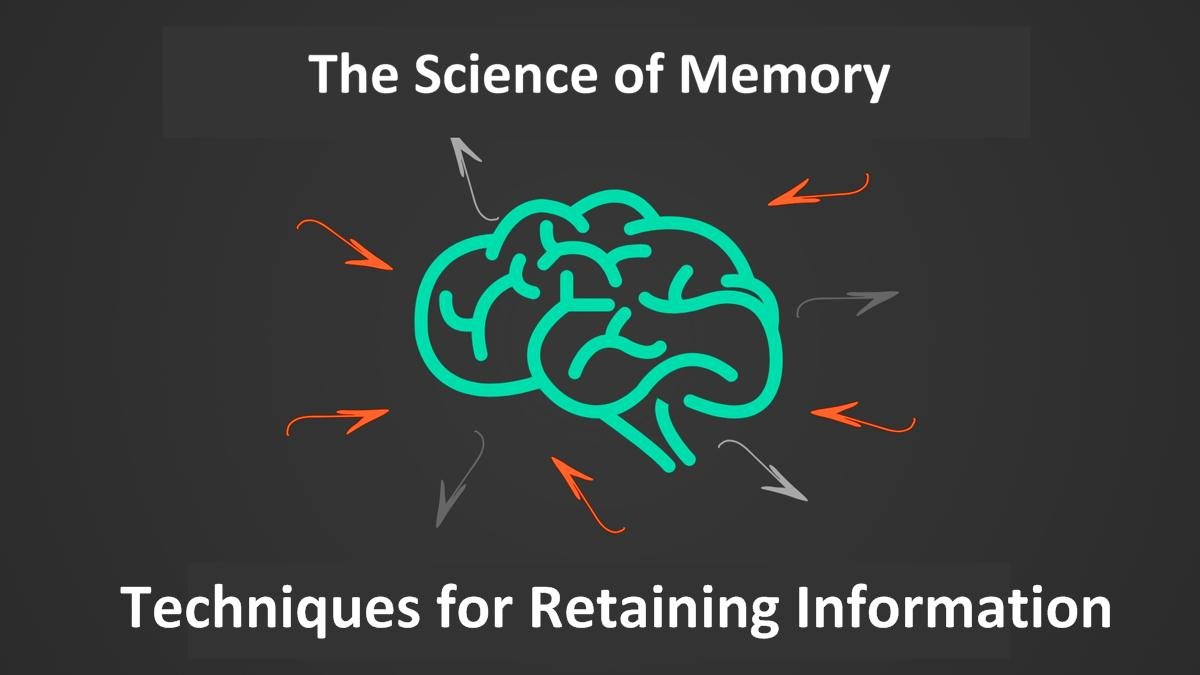The Best Choice for Your Higher Education

Higher education is a pivotal step in one’s academic and professional journey. The decision-making process for choosing the right path can be overwhelming, but with careful consideration, you can make the best choice for your future. Let’s explore the key factors and steps involved in this significant decision.
A. Importance of Higher Education
In today’s competitive world, higher education opens doors to various opportunities. It not only provides specialized knowledge but also enhances critical thinking and problem-solving skills.
B. Making Informed Choices
Choosing the right higher education path requires careful consideration of multiple factors. It’s essential to make informed decisions to ensure a fulfilling and successful educational journey.
Read More: A Comprehensive Overview of the National Education Policy
Factors to Consider
A. Academic Programs
The first step is to identify the academic programs that align with your interests and career goals. Consider the curriculum, faculty expertise, and the availability of hands-on experience.
B. Reputation of the Institution
The reputation of the institution plays a crucial role in shaping your educational experience. Explore academic rankings, alumni success stories, and faculty credentials to gauge the institution’s standing.
C. Location
The geographical location of the institution is a vital aspect. Consider factors such as urban vs. rural settings, climate, and lifestyle to ensure a comfortable and conducive learning environment.
D. Financial Considerations
Higher education often comes with a financial burden. Evaluate the total cost, including tuition, fees, and living expenses. Explore scholarship opportunities and financial aid options to make an informed financial decision.
Researching Academic Programs
A. Overview of Desired Field
Before choosing a program, gain a comprehensive understanding of your desired field. Research industry trends, required skills, and potential career paths to align your education with market demands.
B. Program Accreditation
Ensure that the academic program is accredited by relevant authorities. Accreditation guarantees that the program meets established standards and enhances the credibility of your degree.
C. Course Structure and Curriculum
Examine the course structure and curriculum to ensure they cover the necessary topics and provide a well-rounded education. Consider the flexibility of the program to accommodate your learning preferences.
Evaluating Institution Reputation
A. Academic Rankings
Consult reputable academic rankings to assess the institution’s overall standing. However, prioritize your specific needs and goals over general rankings to find the best fit.
B. Alumni Success Stories
Explore the success stories of alumni to understand the impact of the institution on graduates’ careers. Alumni achievements can serve as a testament to the quality of education provided.
C. Faculty Credentials
Review the credentials of the faculty members in your chosen department. Experienced and knowledgeable faculty contribute significantly to the learning experience.
Location Matters
A. Urban vs. Rural Settings
Consider whether you thrive in a bustling urban environment or prefer the tranquility of a rural setting. The location can significantly impact your overall college experience.
B. Climate and Lifestyle
Evaluate the climate and lifestyle of the location. Ensure that it aligns with your preferences, as these factors can affect your well-being and focus during your academic journey.
Financial Planning
A. Tuition and Fees
Calculate the total cost of tuition and fees for the entire program. Factor in potential increases and additional expenses to create a realistic financial plan.
B. Scholarships and Financial Aid
Explore scholarship opportunities and financial aid options. Many institutions offer assistance, and researching these options can alleviate financial stress.
C. Cost of Living
Consider the cost of living in the chosen location. This includes housing, transportation, and daily expenses. A thorough understanding of these costs is crucial for effective financial planning.
Campus Visits
A. Importance of Physical Exploration
If possible, visit the campuses of the shortlisted institutions. Physical exploration allows you to experience the campus atmosphere and assess whether it resonates with your preferences.
B. Connecting with Current Students
Interacting with current students provides valuable insights into the culture of the institution. Seek their perspectives on academics, campus life, and the overall student experience.
The Decision-Making Process
A. Weighing Pros and Cons
Compile a list of pros and cons for each option. Consider factors such as academic fit, location, and financial implications. This list will help you make an informed decision.
B. Seeking Guidance from Mentors and Counselors
Consult mentors, teachers, and career counselors for guidance. Their experience and insights can offer valuable perspectives and help you navigate the decision-making process.
Alternative Paths to Higher Education
A. Vocational Training
Explore vocational training programs as an alternative to traditional higher education. Vocational training can provide practical skills and a quicker entry into the workforce.
B. Online Learning Platforms
Consider online learning platforms that offer flexibility and a wide range of courses. Online education is becoming increasingly popular and can be a viable option for certain career paths.
Staying Updated on Industry Trends
A. Importance of Adaptable Education
In rapidly evolving industries, adaptable education is crucial. Choose a program that emphasizes continuous learning and stays abreast of industry trends.
B. Continuous Learning
Commit to lifelong learning. Seek opportunities for professional development and stay informed about advancements in your field to remain competitive in the job market.
Networking Opportunities
A. Importance of Building a Professional Network
Networking is a key aspect of career success. Choose an institution that offers ample networking opportunities, such as alumni associations and industry events.
B. Alumni Associations
Explore the presence and activities of alumni associations. A strong network can provide mentorship, job opportunities, and valuable connections in your chosen field.
Making the Final Decision
A. Trusting Your Instincts
After thorough research and consideration, trust your instincts. Your gut feeling often aligns with your true desires and can guide you towards the best choice.
B. Accepting Uncertainty
Understand that the future is uncertain, and not every detail can be predicted. Embrace the uncertainty as part of the journey and be open to adapting to new opportunities and challenges.
Preparing for the Transition
A. Managing Expectations
Prepare yourself for the transition to higher education. Manage expectations and be ready for both academic and personal growth.
B. Mental and Emotional Readiness
Ensure you are mentally and emotionally prepared for the challenges ahead. Establish a support system and coping mechanisms to navigate the ups and downs of your educational journey.
Success Stories
A. Profiles of Individuals with Varied Educational Paths
Explore success stories of individuals who took diverse paths in their education. Their journeys can inspire and provide insights into alternative routes to success.
B. Overcoming Challenges
Highlight stories of individuals who overcame challenges during their educational journey. These narratives can motivate and reassure readers that challenges are a natural part of the process.
Read More: The Power of Education: Transform Lives and Make a Lasting Impact
Conclusion
A. Recap of Key Considerations
In conclusion, the best choice for your higher education involves a thorough evaluation of academic programs, institution reputation, location, and financial considerations.
B. Encouragement for the Journey Ahead
Embark on your educational journey with confidence and enthusiasm. Remember that the decision-making process is a personal one, and the right choice is the one that aligns with your goals and values.
FAQs
Q: How do I choose the right academic program?
A: Consider your interests, career goals, and the curriculum of the programs you’re interested in. Research the industry to ensure alignment with your aspirations.
Q: How important is the reputation of the institution?
A: Institution reputation matters, but prioritize your specific needs. Look for a balance between academic excellence, faculty credentials, and alumni success stories.
Q: Is it essential to visit campuses before making a decision?
A: While not mandatory, visiting campuses provides valuable insights. It allows you to experience the environment and interact with current students.
Q: How can I manage the financial burden of higher education?
A: Explore scholarship opportunities, financial aid, and create a realistic financial plan. Consider the overall cost, including tuition, fees, and living expenses.
Q: What if I’m unsure about my career path?
A: It’s normal to be unsure. Seek guidance from mentors, counselors, and explore programs with flexibility. Trust the process and be open to discovering your passion.







